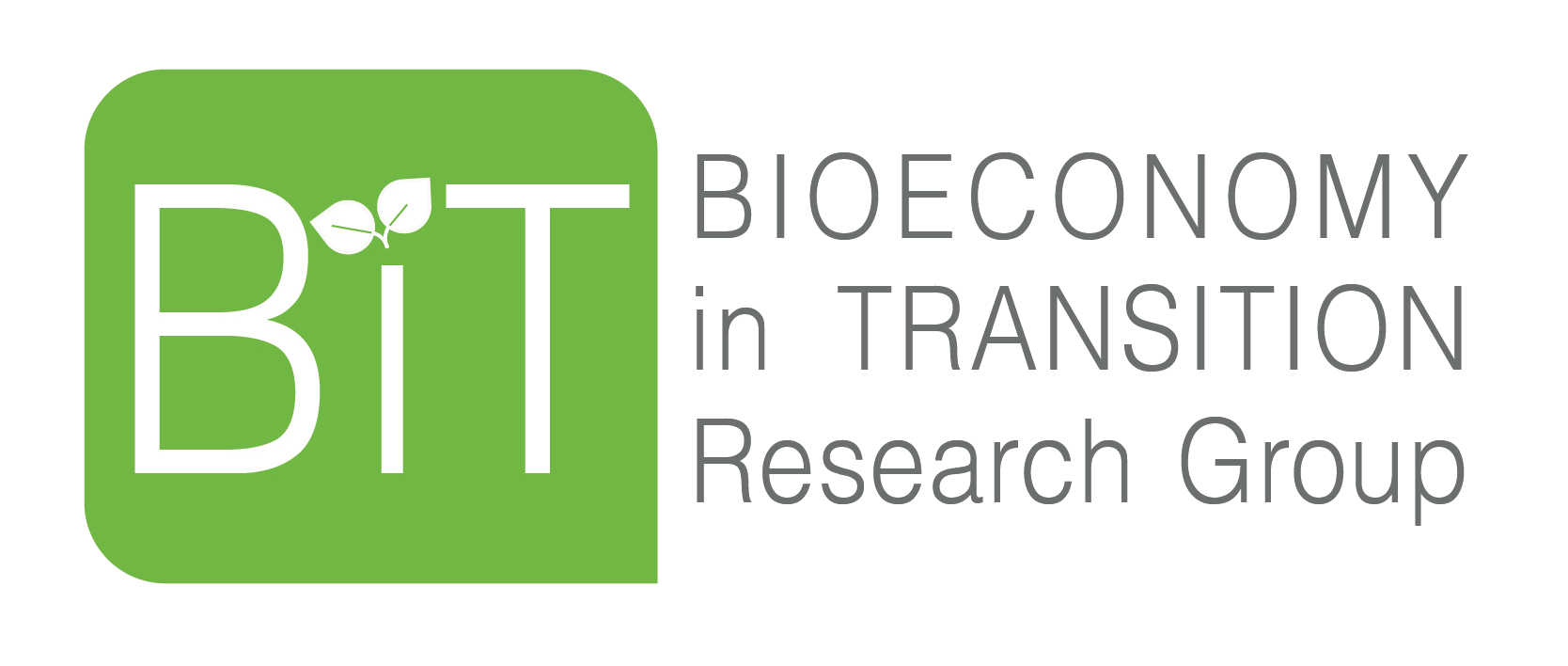Professor Piergiuseppe Morone and Alessandra Alfino recently published an article in the Formiche magazine highlighting the potential consequences of the European Union’s Carbon Border Adjustment Mechanism (CBAM).
Introduced in October 2023 as part of the “Fit for 55%” legislative package, CBAM aims to reduce EU greenhouse gas emissions and address carbon leakage by imposing an additional duty on goods imported into the EU based on the CO2 emissions associated with their production.
While this instrument helps prevent the relocation of environmentally impactful production activities, it also raises concerns for third countries, especially those in the developing world, which may suffer economically and in their transition towards more sustainable production.
The authors shed light on the dilemma emerging economies may face due to CBAM. On the one hand, they may lose a significant trading partner like the EU if their products become less competitive due to Customs duties. On the other hand, investing in decarbonisation may require financial and technological resources that may not be readily accessible to their economies.
Among the proposals put forward by experts to address the issue, the authors highlight the idea of exempting the most vulnerable countries from CBAM applications or the possibility of allocating customs duties revenues to support the most affected sectors. This could alleviate social concerns related to CBAM implementation and contribute to promoting environmental sustainability.
Furthermore, Morone and Alfino emphasise the importance of the EU’s commitment to providing financial support to developing countries for decarbonisation and transforming their industries. This commitment could help reduce the gap between the North and South of the world and advance towards a more sustainable future for all.

